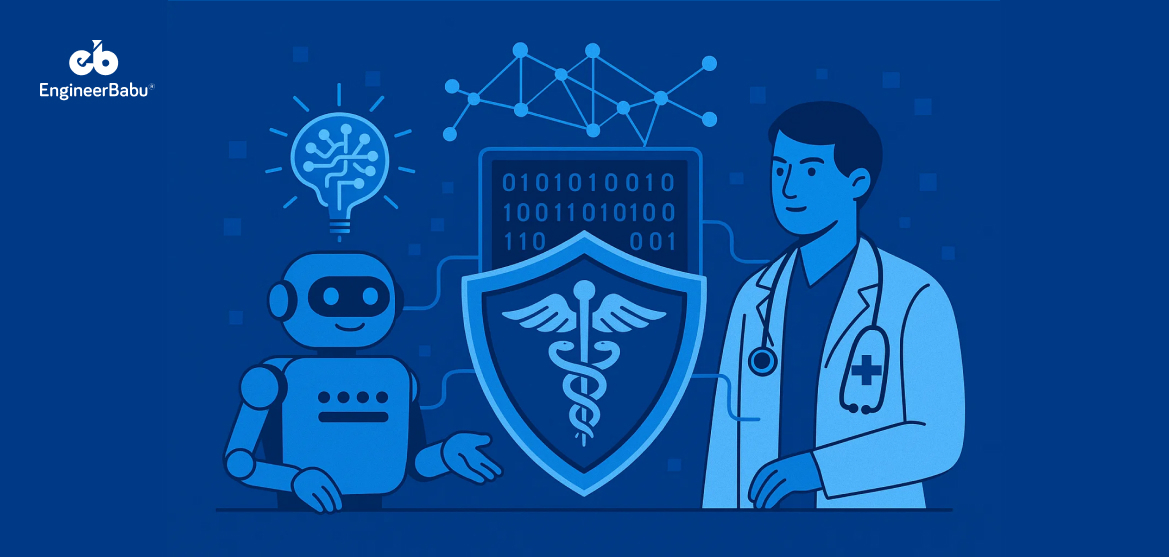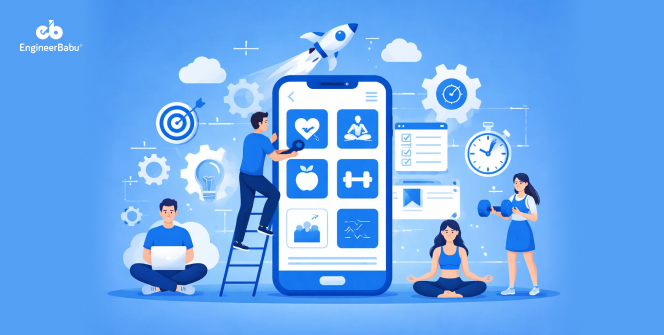Healthcare organizations operate in one of the most tightly regulated industries in the world. The Health Insurance Portability and Accountability Act (HIPAA) sets strict standards for how patient data—also called Protected Health Information (PHI)—must be stored, transmitted, and accessed. While HIPAA provides a vital framework for safeguarding sensitive health data, compliance has historically been resource-intensive and prone to human error.
Enter artificial intelligence (AI) and machine learning (ML). These technologies are reshaping compliance by automating repetitive tasks, enhancing security monitoring, and providing predictive insights that reduce risk. Healthcare providers, insurers, and business associates are turning to AI not just to comply with regulations, but also to stay ahead of evolving threats in the digital age.
This article explores the ways AI and ML are transforming HIPAA compliance, the challenges that come with their adoption, and the future landscape of regulatory adherence in healthcare.
The Growing Complexity of HIPAA Compliance
HIPAA is more than just a checklist—it’s a multi-layered regulatory system that touches nearly every aspect of a healthcare organization. Covered entities and their business associates must comply with the Privacy Rule, the Security Rule, and the Breach Notification Rule, each of which introduces obligations around data protection, disclosure, and reporting.
For many organizations, compliance involves:
- Data governance: Ensuring PHI is accessed only by authorized individuals.
- Security safeguards: Implementing technical, administrative, and physical protections.
- Incident response: Detecting, reporting, and mitigating data breaches.
- Documentation: Maintaining detailed audit trails and compliance reports.
The challenge is that healthcare data has exploded in size and complexity. Electronic health records (EHRs), wearable devices, telehealth platforms, and cloud-based services generate more sensitive data than ever before. Human oversight alone is insufficient to keep up with this volume. That’s where AI steps in.
How AI Enhances HIPAA Compliance
1. Threat Detection and Prevention
One of the most pressing compliance concerns is preventing unauthorized access to PHI. AI-powered cybersecurity systems can continuously monitor network traffic, access logs, and system behavior to detect anomalies in real time.
For example, if an employee account suddenly attempts to download thousands of records outside normal working hours, AI algorithms can flag this as suspicious and trigger an automated security response. By learning from past incidents, machine learning models improve their ability to recognize both common and novel attack vectors, reducing the likelihood of data breaches.
2. Data Classification and Redaction
HIPAA compliance requires strict control over how PHI is shared, especially when data is used for research, analytics, or training purposes. AI tools can automatically scan documents, emails, and databases to identify sensitive information such as names, Social Security numbers, or medical diagnoses.
Beyond classification, AI can redact PHI in real time, ensuring only anonymized data is used outside clinical contexts. This minimizes human error and reduces the risk of accidental disclosure.
3. Audit Trail and Monitoring
HIPAA demands that organizations maintain detailed logs of data access and activity. Traditionally, this required extensive manual recordkeeping. AI simplifies this by automatically generating audit trails, analyzing user behavior, and producing compliance-ready reports.
Machine learning models can highlight unusual trends, such as a staff member who accesses significantly more patient files than their peers, helping compliance officers investigate potential violations quickly.
4. Predictive Risk Management
Instead of reacting to compliance failures after they occur, AI enables organizations to predict and prevent them. By analyzing historical incidents, patient interaction data, and system vulnerabilities, AI can forecast potential risks and recommend proactive security measures.
This predictive capacity shifts compliance from a reactive process to a forward-looking strategy, reducing the likelihood of fines, breaches, and reputational damage.
Workflow Automation in HIPAA Compliance
One of the most impactful applications of AI and machine learning in HIPAA compliance is workflow automation. Healthcare operations involve countless repetitive tasks that, while essential, consume valuable time and increase the chance of human error.
Streamlining Repetitive Processes
Consider processes like verifying user access rights, monitoring logins, or ensuring patient consent forms are up to date. With AI-driven automation tools, these tasks can be executed consistently and accurately without manual intervention. For example:
- Automated scripts can revoke access rights when an employee leaves an organization.
- ML models can match patient consent forms with associated records, flagging discrepancies automatically.
- AI-driven bots can ensure compliance reports are generated and submitted on time.
Reducing Compliance Fatigue
Employees often experience “compliance fatigue” when required to complete repetitive security or reporting tasks. Automation alleviates this burden, enabling staff to focus on patient care and strategic decision-making while ensuring compliance obligations are met consistently in the background.
Connecting Systems With Secure Integrations
A major challenge for HIPAA compliance is ensuring that PHI moves securely across the many systems healthcare organizations rely on—EHR platforms, billing systems, scheduling tools, and communication apps. Data silos and manual transfers not only create inefficiencies but also increase the risk of compliance violations.
This is where automation and integration platforms prove essential.For example, a secure integration could:
- Capture patient intake data from a digital form.
- Encrypt and transfer that data into the EHR.
- Automatically generate an audit log for compliance tracking.
- Trigger alerts if any security step in the workflow fails.
By automating these handoffs, integrations reduce both compliance risk and administrative overhead, while ensuring that sensitive health information remains protected end to end.
Benefits of AI in HIPAA Compliance
The integration of AI and ML into compliance processes provides multiple benefits:
- Efficiency: Tasks that once took hours can now be completed in seconds.
- Accuracy: Reduced human error lowers the risk of compliance violations.
- Scalability: AI can process massive volumes of data without proportional increases in cost or labor.
- Security: Continuous monitoring and anomaly detection strengthen defenses against cyber threats.
- Cost savings: Avoiding penalties and streamlining compliance operations reduces overall costs.
For healthcare organizations navigating shrinking budgets and growing regulatory demands, these benefits are invaluable.
Challenges and Considerations
While AI offers powerful tools for HIPAA compliance, it is not without challenges.
Data Privacy Risks
Ironically, the very systems designed to protect PHI must handle PHI themselves. Organizations must ensure AI solutions comply with HIPAA’s technical safeguards, including encryption, access controls, and audit mechanisms.
Algorithmic Bias
Machine learning models are only as good as the data used to train them. If training datasets contain biases, AI may make inconsistent or unfair decisions—for example, flagging activity disproportionately for certain groups of employees.
Cost and Resource Barriers
Implementing AI systems can be expensive, particularly for small healthcare providers. Training staff, integrating systems, and maintaining AI models requires resources that not all organizations can easily allocate.
Regulatory Interpretation
HIPAA was enacted in 1996, long before AI entered the healthcare landscape. While regulators have provided guidance, there remains ambiguity around how certain AI-driven processes fit into existing HIPAA frameworks. Organizations must work closely with legal experts to interpret compliance requirements accurately.
Conclusion
HIPAA compliance is a non-negotiable aspect of healthcare operations, yet it has long been associated with administrative burden and high costs. AI and machine learning are changing this reality by automating workflows, enhancing security, and offering predictive insights.
The road ahead includes challenges such as algorithmic bias and regulatory ambiguity, but the potential benefits far outweigh the risks. By adopting AI responsibly, healthcare organizations can not only achieve compliance but also build a stronger foundation of trust with patients in the digital age.



